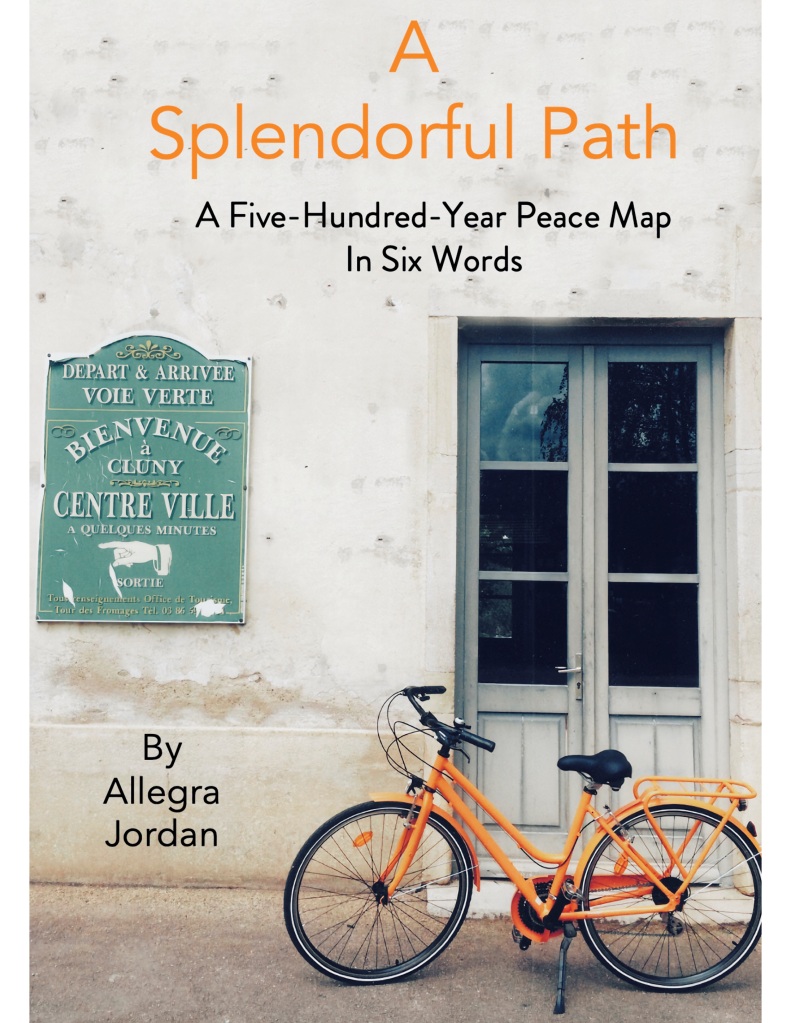This site explores the creativity of mercy in the face of the unbearable and irreversible.
It is not a site that suggests passivity. Far from it! This site supports you standing with strength, honor, and powerful inner resources despite the broken world around and inside of us.
The site provides reconciliation poetry. It’s a specific type of expression.
War poetry asks us to consider the impact of war and the need for a cease-fire. Love poetry is about the joys and pains of intimate connection. These are important topics!
Reconciliation poetry is poetry about interruptions of cycles of violence. If these cycles are not interrupted they last generations (that is we condition our children to not question “this is just how it is”). Cycles of violence often make the original victim a perpetrator of violence. Reconciliation poetry is about decisions we make when we realize we have a choice in restoring a broken connection.
Reconciliation poetry realizes that wounds do not heal with peace treaties (though that is an important start). Reconciliation is also not about self-destructive giving to abusive people. We are called to be good stewards with the lives we are lent.
Instead, reconciliation poetry says, “Yes, things are bad. The world is not as it ought to be. But it doesn’t have to be that way. Things can be different. We can flourish again.”
Here is an example:
Sophocles, 496-405 BCE trans. Seamus Heaney, excerpt
THE CURE AT TROY, excerpt
Human beings suffer,
they torture one another,
they get hurt and get hard.
History says, Don’t hope
on this side of the grave.
But then, once in a lifetime
the longed for tidal wave
of justice can rise up,
and hope and history rhyme.
So hope for a great sea-change
on the far side of revenge.
Believe that a further shore
is reachable from here.
Believe in miracles
and cures and healing wells.
Background:
I wrote an essay about reconciliation poetry and received positive feedback. I learned that some readers sought language to express:
- “What is going on?”
- “What does hope look like?”
- “Is it all right to NOT reconcile?”
A Splendorful Path: A 500-Year Peace Map in Six Words, incorporates some of these ideas, essays and poems. In 2020, it became #1 in the Amazon.com Violence & Society category.
About Allegra Jordan:
I seek to support flourishing, healthy communities. My personal website can be found here. I learned about renewal and reconciliation from dealing with the world’s brokenness that showed up on my doorstep. I then took the step to go out into the world and find people who were amazing in their innovative gifts to provide healing for nations in ways that hadn’t been thought of before, not even by the “best & brightest.” This site is a gift to people who enjoy language that helps us heal with integrity.
